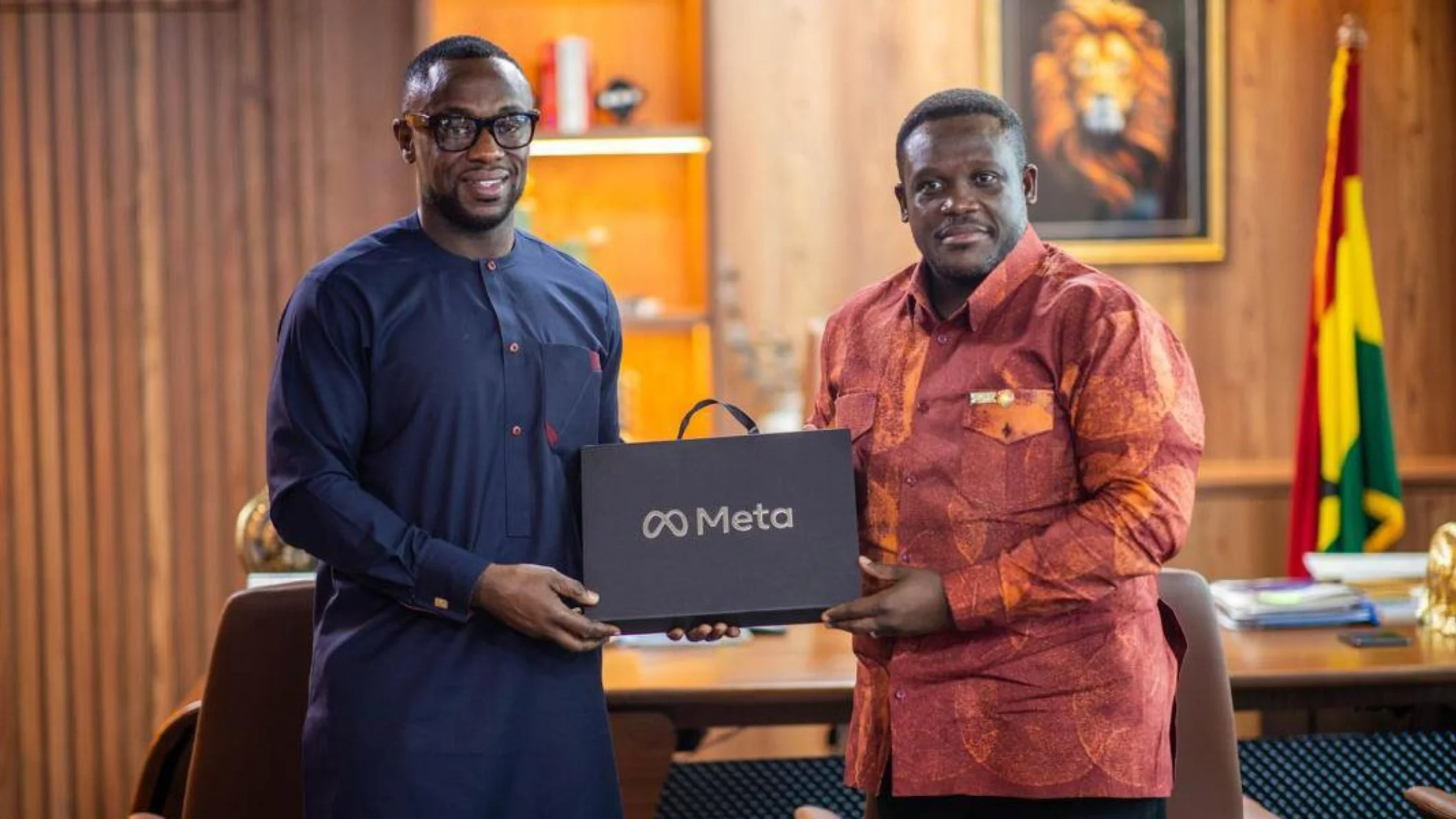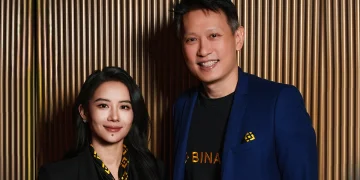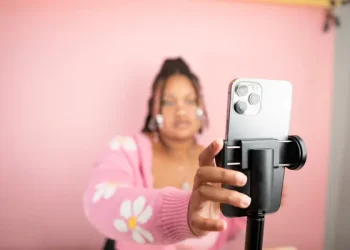In an exciting move to improve Ghana’s digital economy, innovation, and cybersecurity efforts, Meta Platforms Inc., the tech giant behind Facebook, Instagram, and WhatsApp, has entered talks with the Ghanaian government.
This exciting development follows a high-level meeting between Meta’s Vice President of Africa, the Middle East, and Türkiye, Kojo Boakye, and Ghana’s Minister for Communication, Digital Technology, and Innovations, Hon. Samuel Nartey George (MP). Their discussions centered on how Meta’s cutting-edge AI, digital tools, and global expertise can help Ghana bridge the digital divide, empower young innovators, and create a safer online space.
Why This Partnership Matters for Ghana
With millions of Ghanaians already using Facebook, Instagram, and WhatsApp daily, Meta’s involvement could be a game-changer for:
- Digital Inclusion – Expanding internet access to underserved communities.
- Youth Empowerment – Boosting tech skills and job opportunities for young Ghanaians.
- AI & Innovation – Supporting local startups with AI-driven solutions.
- Cybersecurity – Strengthening protections against online threats.
A United Push for Digital Growth
The meeting wasn’t just about Meta and the government, it brought together key players shaping Ghana’s digital future, including:
- Sade Dada (Head of Public Policy for Anglophone West Africa at Meta)
- Ghana’s National Communications Authority (NCA)
- Cyber Security Authority
- Ghana Digital Centres
- Major telecom providers like MTN Ghana & Telecel Ghana
This multi-stakeholder approach shows how serious Ghana is about fast-tracking its digital transformation.

What’s Next for Ghana’s Tech Revolution?
As Ghana cements its place as a leading tech hub in Africa, partnerships like this could unlock new opportunities in:
- AI & Digital Skills Training – Preparing Ghanaians for the jobs of tomorrow.
- Startup Support – Helping local innovators scale their ideas globally.
- E-Government & Digital Services – Making public services more accessible online.
Meta’s collaboration with Ghana is more than just a deal—it’s a bold step toward a smarter, more connected future for the nation.














